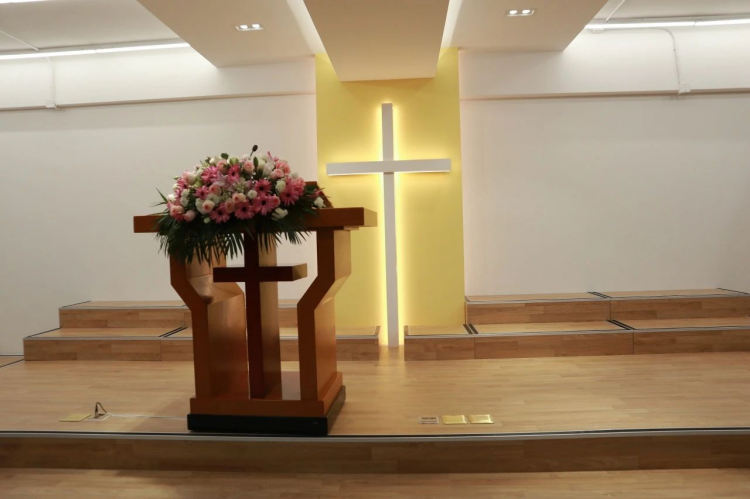Despite the retirement system for pastors, many grassroots churches struggle to implement it effectively due to a shortage of pastoral staff. The reasons for such an issue are the lack of successors and the desire of some pastors to keep "serving the Lord to the end."
After serving in an urban church in southwest China for half his life, Pastor L, who was once in charge of the pastoral work of 13 churches (and meeting points) in six districts, is now preparing for retirement with a clear plan of life post-retirement. "The church should be entrusted to the young. We can do something else to contribute outside of the church," he remarked. Previously, Pastor L ministered to believers through pulpit ministry. However, confronted with the increasing challenge of drawing young people to church, he realizes that the role of a pastor should extend beyond the pulpit.
Pastor L shared that, due to health concerns, he has made an acquaintance with a health management team that addresses his leg issues. During their interactions, L also shared his life story with them. Some members of the team frequently visited him with interest in his life and faith. Some of them, who were once idol worshippers, invited the pastor to their homes to help remove idols.
Pastor B, who pastors a church in City C, observed that various churches currently only perform the function of worship but are weak in the evangelism mission. It is necessary to find suitable approaches for the era. For example, leveraging tea culture, calligraphy, painting, or aspects of Eastern and Western culture can be effective entry points to engage with the target groups.
The roles of pastoral staff should not be confined to specific positions. Whether it's through cultural engagement or addressing health conditions, any approach that fosters connection with individuals can serve as the groundwork for preaching the gospel.
(The article was originally published by the Gospel Times and the author is a Christian in Guangdong Province.)
- Translated by Poppy Chan












